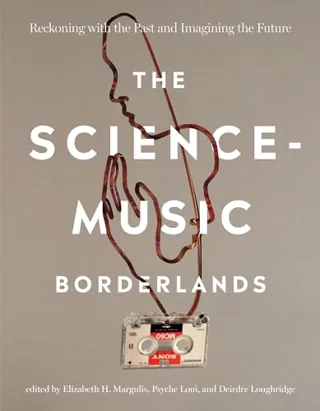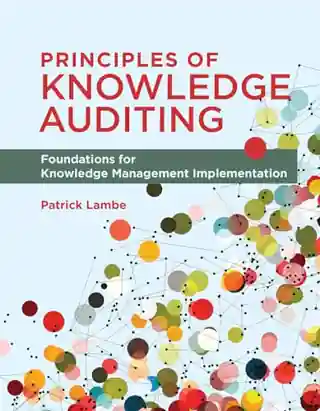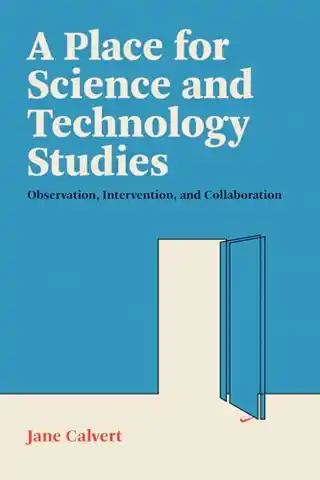Interdisciplinary essays on music psychology that integrate scientific, humanistic, and artistic ways of knowing in transformative ways.
Researchers using scientific methods and approaches to advance our understanding of music and musicality have not yet grappled with some of the perils that humanistic fields concentrating on music have long articulated. In this edited volume, established and emerging researchers—neuroscientists and cognitive scientists, musicians, historical musicologists, and ethnomusicologists—build bridges between humanistic and scientific approaches to music studies, particularly music psychology. Deftly edited by Elizabeth H. Margulis, Psyche Loui, and Deirdre Loughridge, The Science-Music Borderlands embodies how sustained interaction among disciplines can lead to a richer understanding of musical life.
The essays in this volume provide the scientific study of music with its first major reckoning, exploring the intellectual history of the field and its central debates, while charting a path forward. The Science-Music Borderlands is essential reading for music scholars from any disciplinary background. It will also interest those working at the intersection of music and science, such as music teachers, performers, composers, and music therapists.
Conditions of Use
![]() This book is licensed under a Creative Commons License (CC BY-NC-ND). You can download the ebook The Science-Music Borderlands for free.
This book is licensed under a Creative Commons License (CC BY-NC-ND). You can download the ebook The Science-Music Borderlands for free.
- Title
- The Science-Music Borderlands
- Subtitle
- Reckoning with the Past and Imagining the Future
- Publisher
- The MIT Press
- Author(s)
- Elizabeth H. Margulis, Psyche Loui
- Published
- 2023-05-02
- Edition
- 1
- Format
- eBook (pdf, epub, mobi)
- Pages
- 408
- Language
- English
- ISBN-10
- 0262047640
- ISBN-13
- 9780262373043
- License
- CC BY-NC-ND
- Book Homepage
- Free eBook, Errata, Code, Solutions, etc.
Acknowledgments Introduction I: Beyond Nature vs. Nurture 1: Human Musicality and Gene-Culture Coevolution: Ten Concepts to Guide Productive Exploration 2: Musical Meaning in Transspecies Perspective: A Semiotic Model 3: Cross-Species Research in Biomusicality: Methods, Pitfalls, and Prospects 4: Humane Treatment, Sound Experiments 5: Of Sound Minds and Tuning Forks: Neuroscience’s Vibratory Histories II: Beyond Music as a Window into the Mind 6: Music, Mind, Body, and World 7: Rhythmic Entrainment and Embodied Cognition 8: The Musical Mind: Perspectives from Developmental Science 9: The Science of Music Is about Relations 10: Toward Neurotechnology for Musical Creativity III: Beyond Reductionism 11: Combating Reductionism in Music Neuroscience with Ecologically Valid Paradigms: What Can (and Cannot) Be Gained? 12: Hidden Repertoires in the Brain Accessed by Music in Aging and Neurodegeneration 13: Composing at the Border of Experimental Music and Music Experiment 14: Music Theory and Experimental Science 15: Conversation with Pamela Z IV: Beyond Musicians and Nonmusicians 16: “The Musical Mind Is the Normal Mind”: Remaking Musicianship for Eugenics 17: The Musician-Nonmusician Conundrum and Developmental Music Research 18: Building Sustainable Global Collaborative Networks: Recommendations from Music Studies and the Social Sciences 19: Conversations with Steven Feld List of Contributors Index








